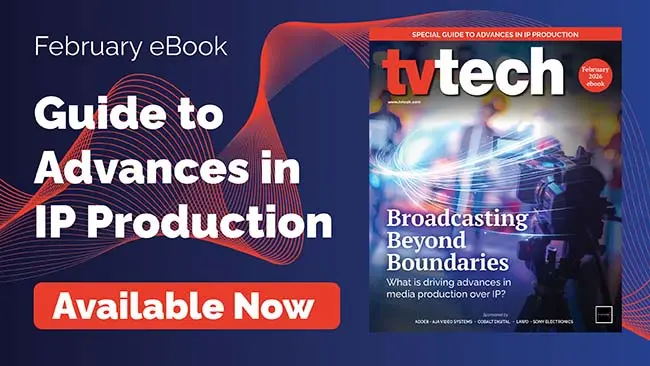Choosing the Right Camera
The professional video industry's #1 source for news, trends and product and tech information. Sign up below.
You are now subscribed
Your newsletter sign-up was successful
The camera is the start of the content creation process. Now, more than ever, there is a huge and, for many, bewildering range of cameras from which to choose. How do you know what is best for your project?
Film still has its adherents, of course, and there is still plenty of 35mm-wide celluloid passing through gates on sound stages around the world. But for many the benefits of immediacy in digital cinematography now outweigh that indefinable richness the film look brings.
Is digital HD good enough, or do you need more? Dedicated high-resolution cameras have their supporters, but mean that you are pushed into nonstandard workflows.
The latest trend is for the DSLR: using a digital stills camera to capture video. The advantage is that it gives you the same tight and controllable depth of field in video as for stills, thanks to the image being much larger than in a video camera. The cameras themselves, and suitable lenses, are relatively inexpensive, but again there are workflow issues when you are pushing a product in a direction for which it was not intended.
Some manufacturers offer full digital cinematography cameras with these large sensors, allowing them to be used with movie lenses. That is a trend likely to continue, and exhibitors at IBC2010 are sure to be introducing new offerings at a range of price points.
IBC, in fact, is the place to be if you need to make camera decisions. First, and most obviously, all the major manufacturers are present, and IBC always sees a number of new product launches. Certainly you will see the state of the art on the exhibition floor.
To help you choose, visit the Production Village in Hall 11. The centrepiece is a stage with cameras from a number of manufacturers set up and ready. You will be able to compare prospects literally side by side: a very rare opportunity indeed.
Also in the Production Village you will find a series of hands-on workshops and manufacturer sessions, which will give you a chance to investigate camera choices in more depth. These sessions are free to all visitors: the schedule will be posted in the Production Village and online at www.ibc.org/productionvillage.
For more formalised instruction, IBC’s certified Digital Media Training Workshops, run by Future Media Concepts, include sessions on the various aspects of DSLR shooting, led by leading producers and cinematographers Richard Harrington and Douglas Spotted Eagle. These sessions are part of the paid-for training programme, but are sure to prove invaluable.
In the conference on Sunday 12 September there is a session titled “Lights, What camera? Action.” This draws on the recent research by both the American Society of Cinematographers and the British Society of Cinematographers into modern acquisition systems, and will be presented by a leading director of photography who will be speaking from personal experience.
In short, if you are investigating camera formats and workflows, at IBC2010 you will get the chance to learn about the alternatives in detail, hear from people who have used each type in action, talk to the manufacturers about their future development programmes, and get your hands on the current state of the art.
The professional video industry's #1 source for news, trends and product and tech information. Sign up below.
